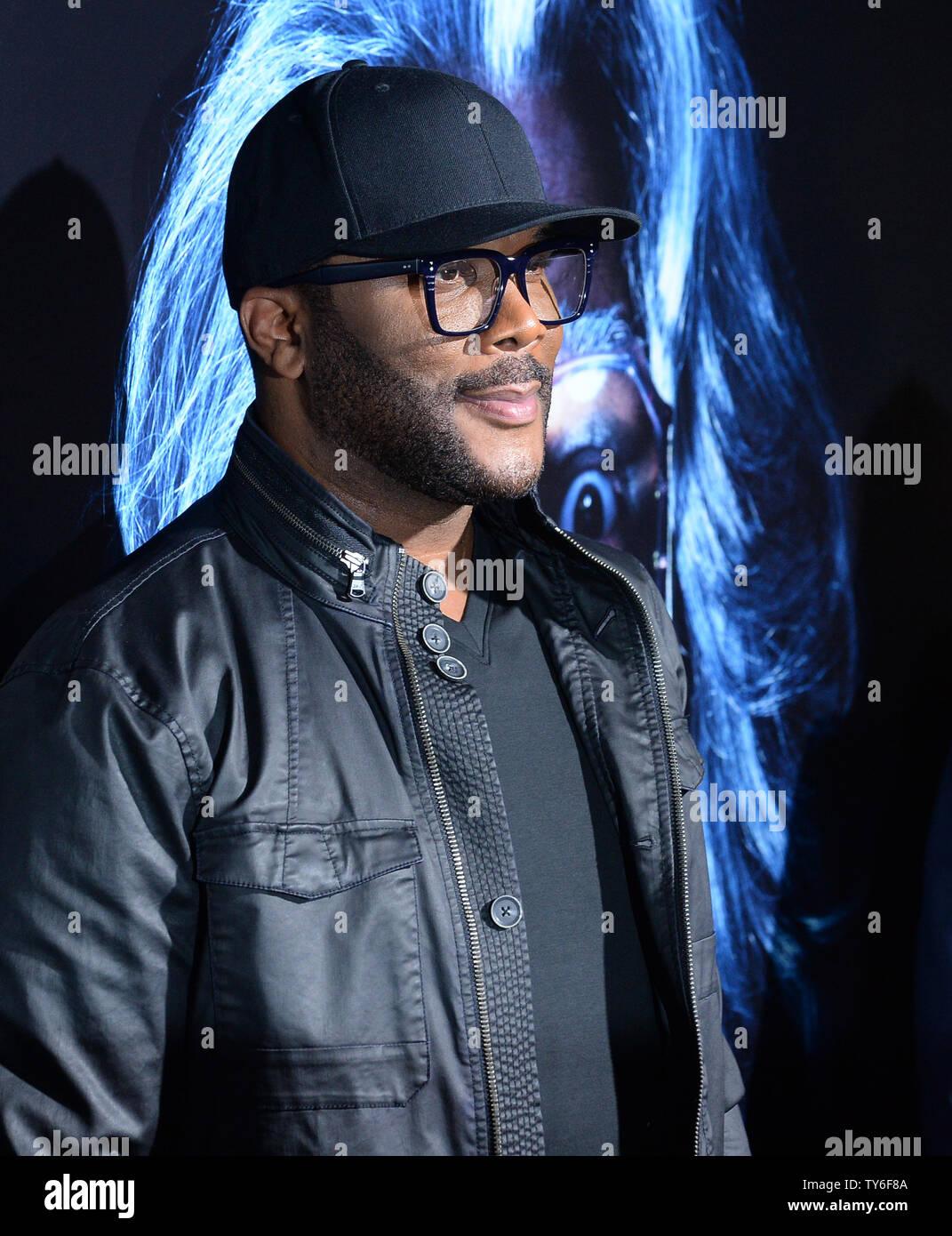The Impact of Tyler Perry on Modern Entertainment

Introduction
Tyler Perry is a prominent figure in the entertainment industry, known for his multifaceted contributions as a writer, director, producer, and actor. His work has made significant waves in film and television, particularly in the realms that showcase African American experiences and narratives. With his recent achievements and ongoing projects, Perry remains relevant and influential, making it imperative to explore his impact on modern entertainment.
The Rise of Tyler Perry
Born in New Orleans in 1969, Perry’s journey to fame began with his stage plays, which captured the hearts and minds of diverse audiences. His theatrical productions, often featuring strong, relatable characters, established a formula that resonated especially within the African American community. By the early 2000s, Perry transitioned to film and produced hits such as ‘Diary of a Mad Black Woman’ and ‘Madea’s Family Reunion,’ solidifying his place in Hollywood.
Recent Developments
Tyler Perry has continued to evolve as an artist, launching his own film and television studio in Atlanta, which opened its doors in 2019. This studio, one of the largest in the United States, has become a hub for productions that highlight stories often overlooked by mainstream Hollywood. In addition, Perry made headlines in 2021 when he received the Jean Hersholt Humanitarian Award at the Academy Awards, acknowledging his philanthropic efforts and commitment to empowering underrepresented communities.
Conclusion
Tyler Perry’s contributions to the arts extend beyond his successful career; they encapsulate a broader movement towards inclusivity and representation in entertainment. His ongoing projects, including the production of various television series on platforms like BET+ and Netflix, demonstrate that he remains a driving force in the industry. As Perry continues to break new ground, the significance of his work will likely inspire future generations of storytellers. His influence in changing the narrative landscape is profound and will remain an essential part of the conversation around diversity in entertainment.
